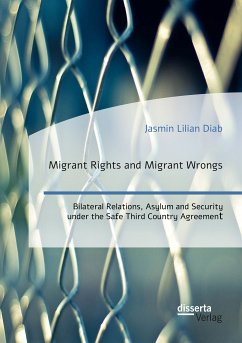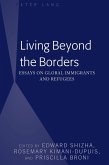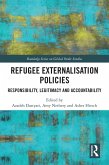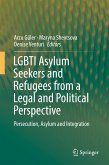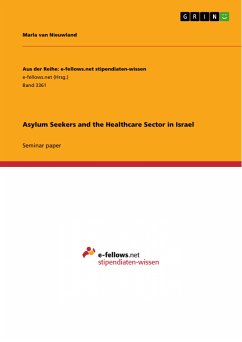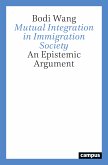Over the past decades, there have been several amendments to the US and Canada's immigration and refugee policies, as well as major developments across the disciplines of international migration and refugee law. This study tackles the Safe Third Country Agreement (STCA) between the US and Canada, which effectively entered into force in the year 2004. The study examines the trajectory of this agreement, the debates and arguments that surrounded it during its early stages, as well as how these debates have evolved alongside developing forced migration realities since the STCA's implementation. It looks into whether or not these developments challenge the STCA, render it ineffective, and consequently put US-Canadian relations into question. It addresses international mechanisms, local realities and bilateral factors, which contribute to the refugee/migration debate between the two states - namely the 1951 Refugee Convention and the 1967 Protocol. It aims to determine the extent to which the international refugee crisis, the Trump Administration, and developments in international law have affected the status of the STCA and subsequently, the relationship between the US and Canada.
Dieser Download kann aus rechtlichen Gründen nur mit Rechnungsadresse in A, B, BG, CY, CZ, D, DK, EW, E, FIN, F, GR, HR, H, IRL, I, LT, L, LR, M, NL, PL, P, R, S, SLO, SK ausgeliefert werden.

